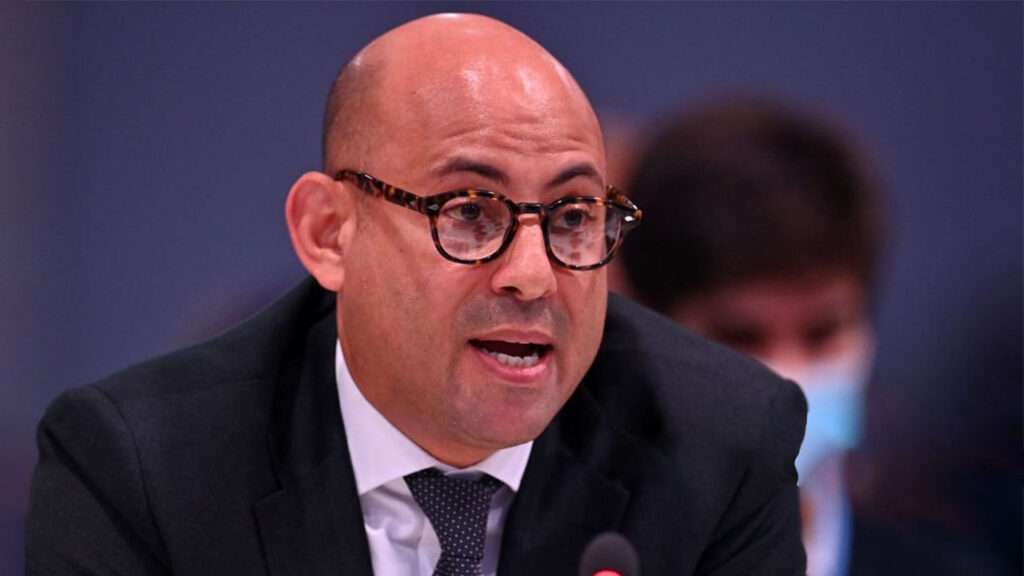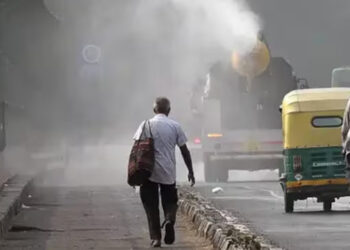UN Secretary-General António Guterres has called for urgent and decisive action at the COP29 Climate Action Summit in Baku, underscoring the dire need to slash emissions, protect vulnerable populations, and break down barriers to climate financing.
With the world witnessing what he described as a “masterclass in climate destruction” throughout 2024, Guterres warned.
“The sound you hear is the ticking clock. We are in the final countdown to limit global temperature rise to 1.5 degrees Celsius. And time is not on our side,” he said in his opening speech to world leaders at the summit’s ministerial-level session.
Climate destruction has spared no country, manifesting in unprecedented hurricanes, scorching seas, and parched farmlands. The Secretary-General highlighted the broader economic fallout, noting that global supply chain shocks, driven by climate disasters, have increased costs everywhere. Devastated harvests inflate food prices, and destroyed homes drive up insurance premiums.
“This is a story of avoidable injustice: The rich cause the problem, the poor pay the highest price,” Guterres pointed out. Oxfam’s findings underscored this disparity, revealing that the wealthiest individuals emit more carbon in an hour and a half than the average person does in a lifetime.
Guterres made clear that without a dramatic reduction in emissions and a significant increase in climate adaptation, “every economy will face far greater fury.”
Signs of Progress Amid Crisis
Last year’s COP28 in the UAE marked a pivotal moment when countries committed to moving away from fossil fuels, accelerating the shift to net-zero energy, and aligning national climate plans with the Paris Agreement’s 1.5-degree Celsius goal.
“It’s time to deliver,” he emphasized, citing a poll conducted by the University of Oxford and the United Nations Development Programme (UNDP) that showed 80 percent of people worldwide want stronger climate action. “Scientists, activists, and young people are demanding change – they must be heard, not silenced,” he added.
One significant milestone from last year: investments in renewable energy and power grids surpassed fossil fuel spending for the first time. Solar and wind energy are now the cheapest new electricity sources in many places.
“Doubling down on fossil fuels is absurd. The clean energy revolution is here. No group, no business, and no government can stop it. But you can and must ensure it is fair, and fast enough to limit global temperature rise to 1.5 degrees Celsius.”
António Guterres
Pay Now or Pay the Price
“On climate finance, the world must pay up, or humanity will pay the price,” António Guterres said, reiterating that climate finance should be seen not as charity but as a critical investment. “Climate action is not optional; it’s imperative,” he stressed.
Simon Stiell, UN climate chief and Executive Secretary of the UN Framework Convention on Climate Change (UNFCCC), echoed these sentiments, warning that the climate crisis is “fast becoming an economy-killer.”

He pointed out that climate impacts could carve up to 5 percent off GDP in many nations, framing the crisis as both an environmental and a cost-of-living issue.
“Worsening climate impacts will put inflation on steroids unless every country can take bolder climate action,” Stiell stated. He reminded leaders of the lessons from the pandemic when the failure to act collectively resulted in global suffering and disrupted supply chains.
“Let’s not make that mistake again. Climate finance is global inflation insurance. Rampant climate costs should be public enemy number one.”
Simon Stiell
Stiell emphasized that bold climate action can unlock economic potential and prosperity. The widespread adoption of affordable, clean energy could foster more jobs, economic growth, cleaner air, healthier populations, and stronger businesses.
READ ALSO: EC Retains Presidential Balloting, Disqualifies GFP Presidential Candidate





















